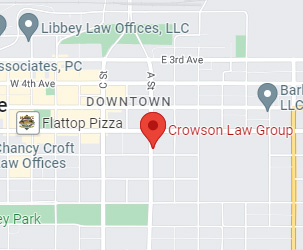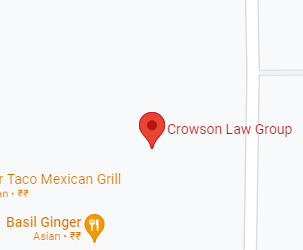Property Damage and Insurance Compensation
If you have been involved in a car accident that resulted in some form of damage to property and your vehicle needs to be repaired, there are a number of options that you can exploit after the accident. This article will discuss car accident repair options and insurance availability with regard to property damage.
If your vehicle is damaged after a car accident, you may have more than one option for getting the vehicle fixed and back on the road. However, it is important to note that those options are dependent upon who was at fault for the accident, what type of car insurance coverage you have and whether or not the other driver is insured. A driver who is not at fault for an accident but suffered some form of property damage that requires repair after the accident has rights that he or she may use in order to proceed after the accident.
One of the first rules you must know is that the person who was responsible for causing the car accident can also be held liable for the cost of any necessary vehicle repairs. This can include something as simple as minor scratches to major bodywork. In addition, if the car is deemed a total loss then the at fault driver becomes liable for the market value or actual cash value of the vehicle at the time of the accident. This is even true of states that follow a no-fault car insurance system, whereby after a car accident property damage is not usually covered as part of no fault as compared to damages relating to injuries.
Drivers are required to buy liability insurance for registered vehicles and after a car accident, the property damage liability coverage of an at fault driver’s insurance should generally kick in, in order to pay for any damages to your vehicle. Therefore, this means that if someone else was responsible for your accident their insurance company should pay for your car’s repairs or the market value of the car. As such, you have the right to make a claim with the insurance carrier directly. However, in the event that the at fault driver does not have insurance or if you were responsible for the car accident or if you require your vehicle to be fixed immediately, it is likely that you may have to turn to your own insurance to pay for the damages to your vehicle; this is only possible if you have collision coverage. The advantage of collision coverage is that once purchased it will cover any necessary repairs to your vehicle or a totaled vehicle’s actual cash value up to the coverage limits, regardless of who was at fault for the accident.
In some instances, a driver may choose to pay out of their pocket and then seek reimbursement thereafter. While this is the fastest way to get things done, it is important to note that the insurance adjuster may determine that you overpaid for the repairs and you may not be fully covered. For car accident lawyers in Anchorage Alaska, contact a car accident personal injury law firm.


